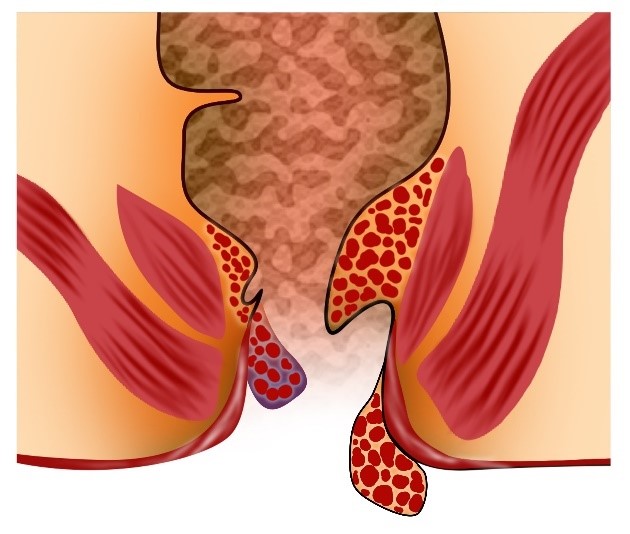
BEST HOSPITAL FOR PILES SURGERY
Hemorrhoids, commonly known as piles, are bulging veins that can develop inside the anus (external hemorrhoids) or around the anus (external hemorrhoids). Damage to enlarged anal or rectal tissue can result in bleeding and discomfort. Many times, piles go unnoticed since they don't manifest any symptoms. Following a bowel movement, bleeding, and fatigue are possible symptoms. The majority of the time, piles go away on their own, but in the meantime, dietary adjustments and straightforward therapies could be suggested to ease symptoms. Depending on where they are, severe piles could require more aggressive therapy. The non-surgical methods for treating piles in the upper two-thirds of the anal canal are banding, sclerosing, and electrotherapy. However, due to the high concentration of pain-sensing neurons in the bottom third, which is closest to the anus, piles must be surgically removed under anesthesia because non-surgical methods would be excruciatingly unpleasant in this region. One in ten people will need surgery, even though piles are typically manageable with dietary changes, lotions, ointments, or non-surgical methods. if you're trying to find the best hospital for pile surgery, visit Maple Care Hospital.
- BEST HOSPITAL FOR PILES SURGERY IN PALAM
- BEST HOSPITAL FOR PILES SURGERY IN HARI NAGAR
- BEST HOSPITAL FOR PILES SURGERY IN MOTI NAGAR
- BEST HOSPITAL FOR PILES SURGERY IN TILAK NAGAR
FOR MORE DETAILS PLEASE CONTACT US AT 9891682297.
| Tags: |
